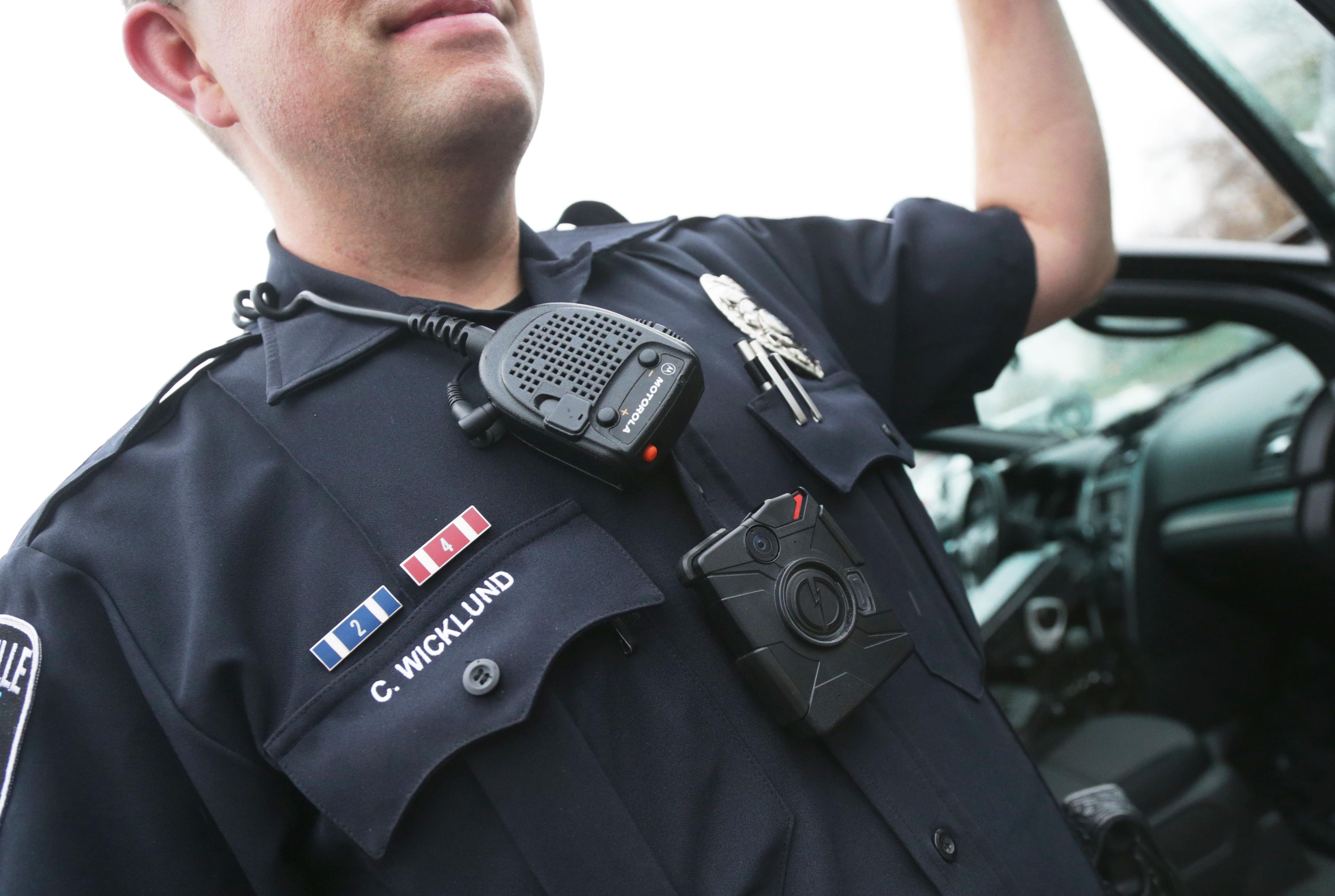
A group studying how police should use body cameras has released its recommendations to Colorado legislators, including guidance on when the devices should be turned on and off, and how to handle privacy.
More than a quarter of police departments already have body cameras, yet there are few state laws governing how and when they should be used.
Among the specific recommendations:
- Officers should turn on the cameras manually at the start of an encounter related to an investigation.
- Officers should be required to turn the cameras off when interacting with victims, where medical privacy is warranted, in schools, when a witness wants to report something anonymously, or when dealing with a confidential informant.
- Officers should also be allowed to turn the cameras off to avoid recording personal information that’s not related to a case, when there’s a long break in an incident, and in “administrative, tactical and management discussions.”
- Officers should not be required to notify someone they are being recorded, “unless the officer determines it is safe to do so for the officer and members of the public.” Officers should have ultimate discretion. If asked, they should say a recording is underway. There are exceptions for crime victims, witnesses seeking anonymity and confidential informants, who should be notified in most circumstances.
- Officers should get permission to record when talking with crime victims, witnesses seeking anonymity and confidential informants.
- When officers fail to follow a police department's body camera policy, or a department fails to create a policy, “All civil and criminal sanctions that are currently available to the public may be used.” The study group report continues, "Within their supervisory structures, agencies have procedures and sanctions in place that may result in anything from a reprimand to suspension to dismissal, depending on the severity of the transgression. Law enforcement agencies frequently have formal internal affairs procedures for investigating violations."
“I appreciate that the report still allows for an element of officers to treat very injured people humanely," said Sterling Harris of the Colorado Organization for Victim Assistance, who participated in the study group.
Colorado legislators may now introduce legislation, based on the recommendations.
- Download and read the full report here.









